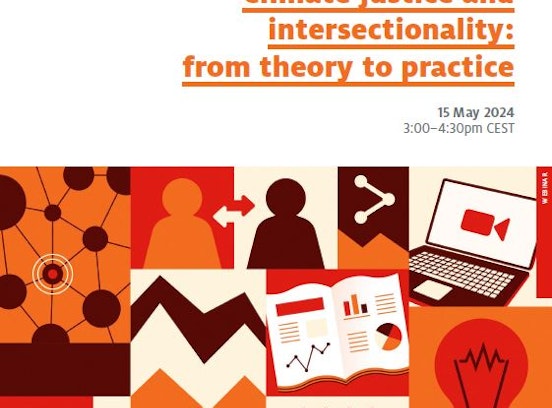Center for Climate Change and Transformation - News & Events - A case study in Bolzano: heat waves and participation
A case study in Bolzano: heat waves and participation
- Deutsch
- English
- Italiano
On January 23rd, at 6 pm, the public launch event for a new case study took place. In the coming months, researchers from Eurac Research´ Center for Climate Change and Transformation and Institute for Renewable Energy will be actively engaged in the social housing complex known as "Casette Inglesi" or "Inglesine," owned by IPES, the Institute for Social Housing of South Tyrol, located in the Europa-Novacella district in Bolzano. The research activity is an integral part of the RETURN project and serves a dual purpose: firstly, to collect data for a better understanding of the impacts of heatwaves on the built environment and residents; secondly, to engage residents in developing strategies for adapting to and mitigating the effects of heatwaves. The ultimate goal is to provide insights for enhancing the quality of both indoor and outdoor spaces.
At an IPES facility, the Eurac group convened with residents of the Inglesine to explain the research and gather initial responses for participation. The room exceeded expectations, with around forty participants. During this meeting, researchers administered a questionnaire to assess participants' preferences for contributing and to collaboratively design the research activity with them.
What did the respondents highlight?
Out of 43 participants, thirty-four people completed the questionnaire, revealing that 27 expressed interest in participating in the case study. More than one answer was possible for each question. Main motivations cited include a desire to enhance the well-being of their families and fellow tenants, better coping with heat, and contributing to scientific research.
Concerning preferred participation methods, among the three options presented (questionnaire, interviews, public meetings), the majority favored questionnaires, followed by interviews and, lastly, public meetings.
Regarding modes of participation, most respondents expressed a preference for being contacted by phone, followed by in-person options and, finally, online participation.
The meeting was crucial for understanding both the preferences of individuals regarding structuring their potential participation and the motivations that may drive or deter them from participating. Effective involvement in the development of strategies, in this case, addressing heatwaves, occurs when initiated early and when there is interest in defining the participative activities themselves.
The next step involves organizing the process that will lead the Eurac team, in collaboration with the tenants of the Casette Inglesi, to develop a strategy for reducing the risks associated with heatwaves. This strategy could be tested as early as the summer of 2024.
Stay tuned for updates on this study and future initiatives of the project RETURN.
